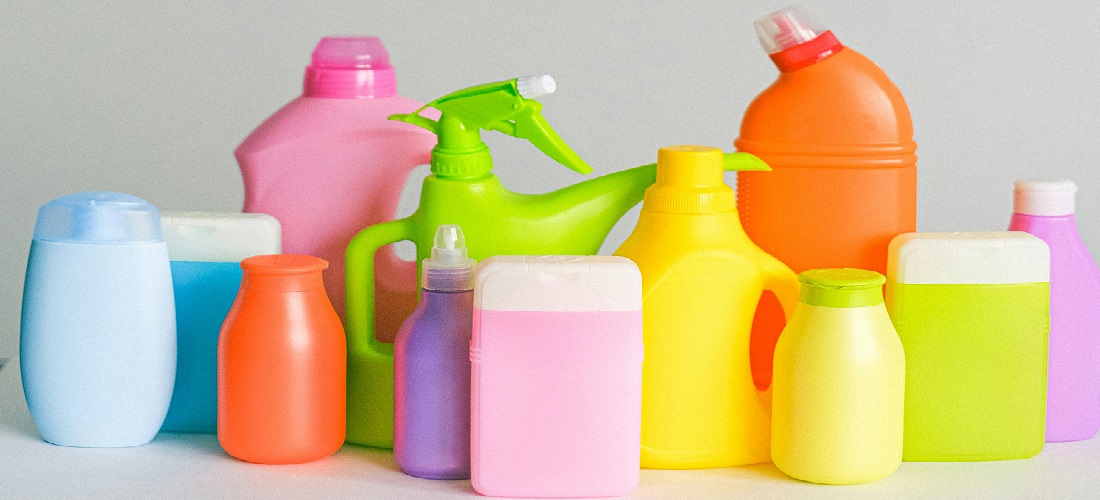
Brazil Chemical Industry Faces USD 10 bn Deficit This Year
May, 03, 2024 Posted by Gabriel MalheirosWeek 202418
The Brazilian chemical industry has met escalating challenges amid surging imports of chemical products. In the first quarter of this year, imports soared to 12 million tons, fetching an average price 15% lower than the same period in 2023, totaling US$13.3 billion, as reported by the Brazilian Chemical Industry Association (Abiquim).
Conversely, exports amounted to US$3.4 billion, equivalent to 3.4 million tonnes sold abroad, marking an 8.3% decline in value and a 5.2% drop in quantity compared to the previous year.
The first quarter of 2024 witnessed a staggering deficit of US$9.9 billion, culminating in a YTD deficit of US$44.7 billion from April 2023 to March 2024. Notably, a record 46.6 million tonnes were imported during this period, surpassing exports by 31.6 million tons.
Find more information about Brazil’s imports of chemical products in the chart below. The data was derived from DataLiner.
Chemical Imports – Brazil | Jan 2021 – Mar 2024 | TEUs
Source: DataLiner (click here to request a demo)
The unrestricted influx of imports at predatory prices, coupled with underutilization of installed capacity, is unsettling the domestic market, jeopardizing the production of vital national goods. Fátima Giovanna Coviello Ferreira, Director of Economics and Statistics at Abiquim, underscores the imminent threat to strategic product manufacturing.
“We’ve long cautioned about the risks associated with operating at such diminished capacity in the sector. Subpar productivity and efficiency results dissuade ongoing production. Unfortunately, some companies have halted operations for maintenance, while others contemplate plant hibernation, making the risk an imminent reality,” emphasizes Fátima Giovanna.
Abiquim reports a surge in import volumes of various chemicals, including thermoplastic resins (36.9%), basic petrochemical products (8.1%), and miscellaneous industrial products (15.2%).
Protective Tax Measures
André Passos Cordeiro, Executive President of Abiquim, stresses the critical need for protective tax measures to sustain production chains, akin to the United States’ approach, where higher import tariffs balance lower production costs.
“Proposing an increase in tariffs to 20% across the board is imperative. This temporary tariff protection measure is essential to afford the industry necessary breathing room for recovery,” contends Cordeiro.
Source: Brasil 61
-
Ores
Jan, 11, 2021
0
Iron ore exports to drive trade balance in 2021
-
Ports and Terminals
Sep, 22, 2021
0
Port of Imbituba launches public notice for installation of solar energy system
-
Ports and Terminals
Sep, 16, 2024
0
Porto Itapoá Operates Three Ships Simultaneously
-
Ports and Terminals
Sep, 11, 2024
0
CMPC’s New Factory Project Depends on Solving Logistics Bottleneck in Rio Grande



